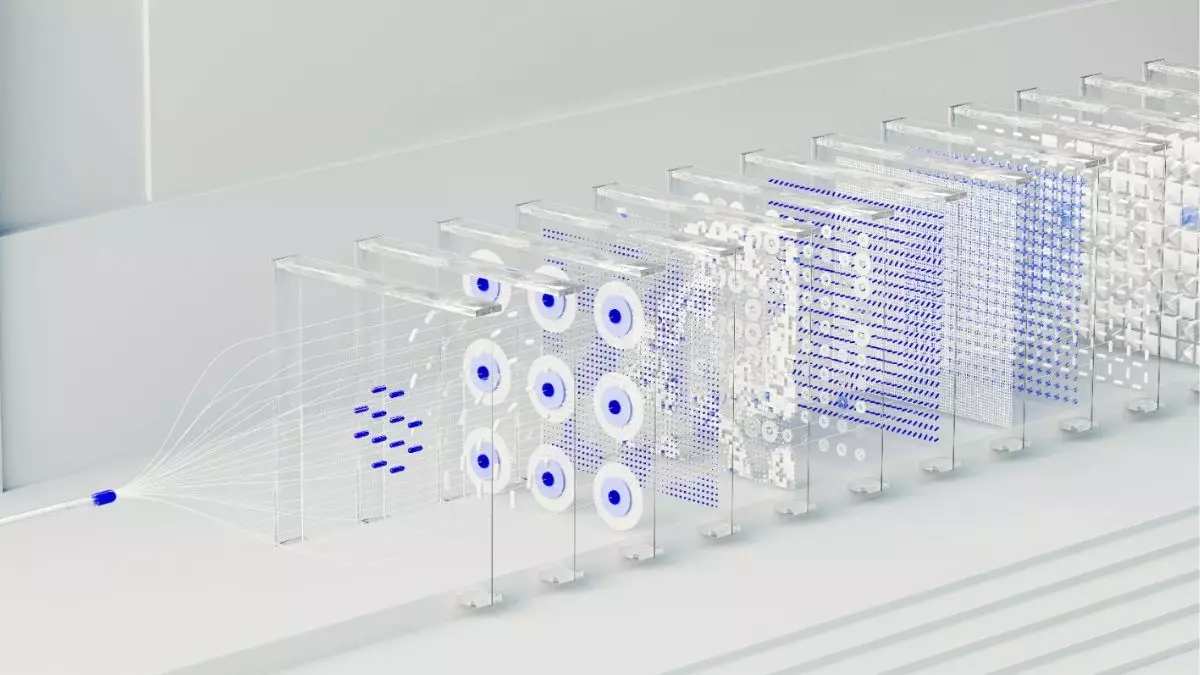Tetsuwan Scientific, a fledgling startup established in San Francisco, is redefining the landscape of scientific research through the innovative application of artificial intelligence (AI) in robotics. Founded in 2023 by visionary leaders Cristian Ponce and Théo Schäfer, the company emerged from two years of discreet development with a clear mission: to revolutionize how scientific discovery and experimentation are conducted. By leveraging cutting-edge technology, Tetsuwan Scientific aspires to create intelligent robotic systems that can autonomously formulate hypotheses, conduct experiments, and analyze the results, effectively functioning as an independent scientist.
Challenges in Current Scientific Automation
The motivation behind Tetsuwan Scientific’s efforts lies in a significant gap in existing scientific automation practices. Currently, the focus of automation is predominantly on executing a large volume of experiments, often at the expense of the variety and nuance that scientific inquiry entails. Traditional lab robots generally require intricate programming, severely limiting their usability and adaptability. As a result, these machines often serve as rigid assembly lines rather than flexible collaborators to human researchers. This creates a pressing need for technology that can intuitively interpret and execute scientific intent—a need that Tetsuwan Scientific aims to address.
Bridging the Gap with Generative AI
Central to Tetsuwan Scientific’s strategy is the integration of large language models (LLMs) to overcome the limitations of traditional programming approaches. Ponce emphasizes that these models can facilitate a more natural form of communication between developers and robots, allowing the conveyance of complex scientific intents without the burden of creating extensive coding frameworks. Utilizing the Retrieval-Augmented Generation (RAG) methodology, the startup is also equipped to minimize AI hallucinations—instances where the AI presents incorrect or nonsensical information—thereby enhancing reliability in scientific contexts.
Tetsuwan Scientific is taking an unconventional approach by developing non-humanoid robotic systems that exemplify a minimalist design aesthetic, with square, glass-like structures capable of conducting evaluations and adjustments in experiments autonomously. These robots are not merely reactive devices; they are powered by AI-driven software and advanced sensors that facilitate an understanding of critical laboratory parameters, such as calibration and liquid characterization. Such versatility is essential in an environment where precision and nuance are crucial. By successful deployment of these robots, Tetsuwan aims to transform how experiments are conducted, potentially reducing human involvement and expediting the research process.
Currently collaborating with La Jolla Labs on RNA therapeutic drug development, Tetsuwan Scientific is beginning to unveil its potential impact on the scientific community. The partnership signals an acknowledgment of the transformative role that advanced robotics could play in accelerating drug discovery—an ambitious area rife with complexities. However, while the company’s proposal is intriguing, it faces skepticism regarding the practical implications of fully autonomous robotic scientists. The question remains whether these systems can truly replicate the creativity, intuition, and ethical considerations that characterize human scientists.
As Tetsuwan Scientific forges ahead with ambitions of producing fully autonomous robotic AI scientists, the journey will likely be fraught with challenges. The initial phases of development are promising, but the startup must ensure that its technology can adapt to the dynamic requirements of various scientific disciplines and methodologies. It must also navigate public perception and regulatory landscapes, which may prove to be significant hurdles.
Tetsuwan Scientific stands at the forefront of a potentially transformative shift in scientific research. By emphasizing effective communication between AI software and robotics, the startup addresses long-standing issues surrounding automation in labs. If successful, Tetsuwan Scientific could not only change the way experiments are conducted but may also redefine our understanding of what it means to be a scientist in an era increasingly dominated by AI. As they work to realize their ambitious vision, the research community will be keenly watching how this innovative endeavor unfolds.

